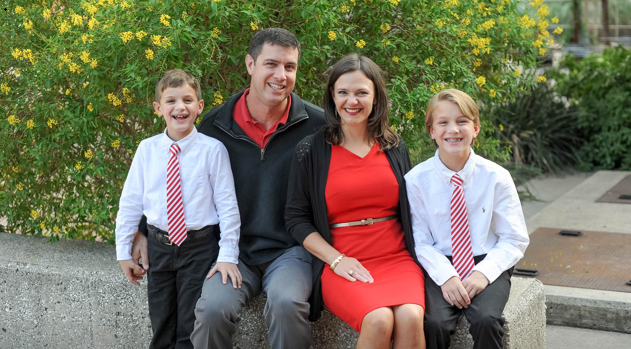September is Healthy Ageing Month!
By: Andrew Morgan, PT, DPT, MBA
Have you ever heard someone say, “well, that just happens as you get older?” From muscle weakness to easy fatigue, ageing is surrounded with myths and presuppositions that can be easily contradicted with evidence. In my course, “Rehab for the Functional Ageing Adult”, I discuss many age-associated myths and get to the true cause of these beliefs.
During the month of September, we celebrate healthy ageing. Americans are currently living longer than ever before; yet, too many older adults simply accept that certain things are simply a normal part of ageing. Do they have to be? Does muscle mass really decrease simply because someone is getting older? The answer is no. Ageing is correlated with weakness, but that does not mean that ageing causes weakness. The same is true with many other “age-related” changes that occur in older adults. Where does the cause truly lie? The answer is: inactivity. For decades, retirement has meant a decrease in activity level. After all, if you do not have to go to work, then what do you really have to do? In other words, if you do not use it, you lose it. Weakness is associated with decrease in muscle mass, but if we stay active through exercise we continue to place demands on our muscles that will counteract the loss of muscle mass. Likewise, fatigue is associated with a loss of red blood cells that is commonly seen in older adults. Because the function of red blood cells is to carry oxygen throughout the body, it is only logical that a decline in red blood cell production will occur in anyone that is inactive. After all, the body has better things to do than produce unnecessary red blood cells.
To compound this problem of inactivity, the American work force has moved from the field and plant to the cubicle in front of a computer screen. In other words, we are weaker when we retire now than we were in the past. In fact, this current generation (the millennial generation) is the first that has a lower life expectancy than the previous generation. While we have made great strides forward in recent years, the American diet, consisting of overly-processed fast foods has contributed to obesity, which has only caused more inactivity.
What do we do? How do we stay healthy as we age? The answer is simple: stay active. While very few of us can do what Sister Madonna Buder, the 88 year-old ironman triathlete affectionately referred to as the “The Iron Nun” does, most of us can increase our activity level. Whether it is participating in a local charity 5K or going through a “Sit and be Fit” routine on PBS, most of us can find something to meet and improve our current activity level. Exercise is not a one size fits all prescription. If you enjoy weights, then lift them. If you like mountains, go for hike. Find an activity, and keep with it throughout your life. If you like the water, then swim. Mr. Rogers swam nearly every day for over 30 years, which allowed him to maintain a healthy, active lifestyle into his 70s. Yes, Mr. Rogers can continue to teach us.

